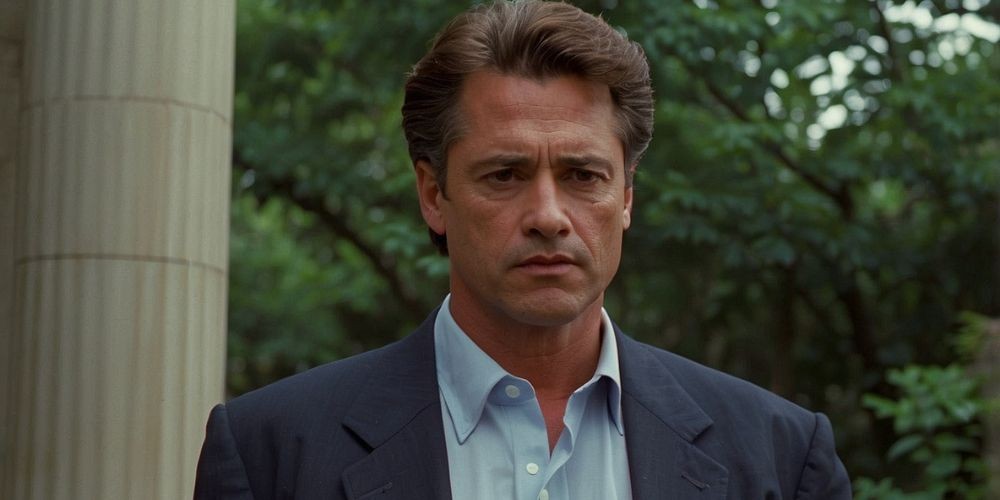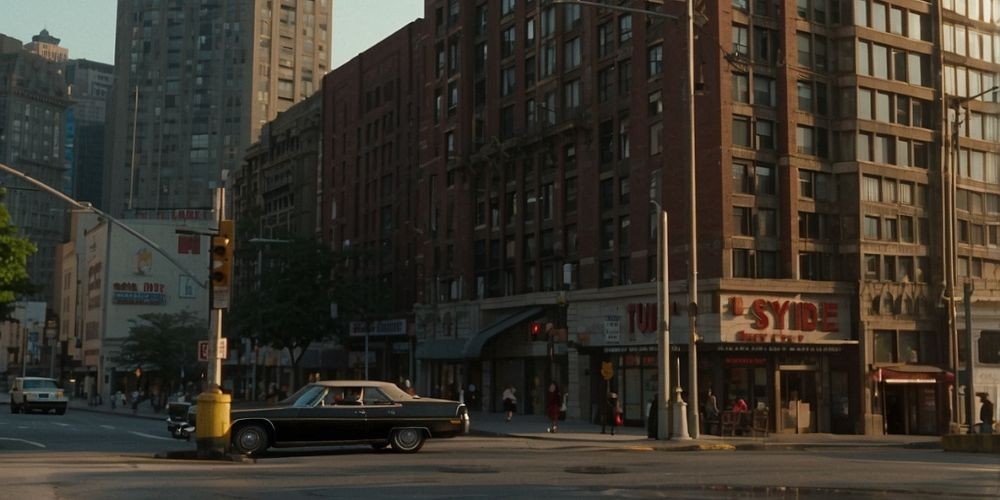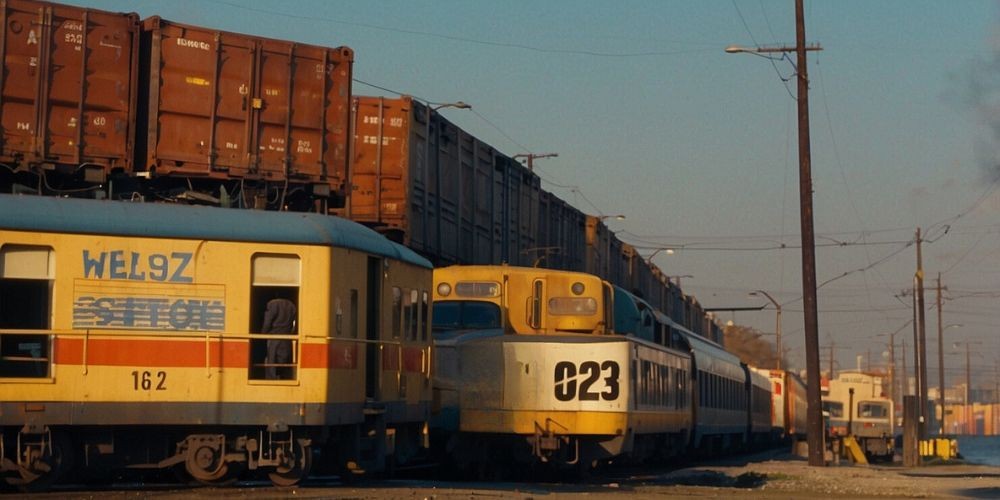
In the ever-evolving landscape of heist films, each offering its unique flavor, "1992" distinguishes itself with an audacious premise. Set against the backdrop of the Rodney King verdict protests, this film delves into the life of Mercer, played by the exceptionally talented Tyrese Gibson, as he navigates the challenges of fatherhood and his troubling past. This narrative not only provides thrilling moments but also engages with themes of societal unrest, personal redemption, and moral complexity. Let’s explore the multifaceted elements that make this film a noteworthy addition to the genre.
Setting the Stage
Heist movies traditionally unfold in a variety of intriguing settings—sometimes glamorous, sometimes gritty. However, "1992" integrates a pivotal moment in American history into its storyline. The film immerses audiences in the chaotic aftermath of the Rodney King verdict, a time when emotions ran high and communities struggled with turmoil.

A Promising Premise
The trailer for "1992" piqued interest with its compelling blend of action and emotional depth. The heist sub-genre has a reputation for crafting instant classics when executed with precision, and this film attempts to balance high stakes with a poignant narrative.
The Weight of Historical Context
Navigating the fine line between entertainment and sensitivity, the screenplay by Sascha Penn and Ariel Vromen does a commendable job weaving the historical context of the protests into its narrative. This thoughtful approach ensures the film feels grounded rather than exploitative.
Character Development
At the heart of "1992" is Mercer, who emerges as a complex character confronting his past while endeavoring to create a more promising future for his son. As he traverses the challenges that arise, his multifaceted nature becomes apparent, offering a rich canvas for the audience to engage with.

Tyrese Gibson's Standout Performance
Tyrese Gibson's portrayal of Mercer marks a significant high point in his career. Known primarily for his role in the "Fast and Furious" franchise, Gibson showcases his dramatic range in a role that demands vulnerability and strength, proving his capabilities as a serious actor.
Villainy at Its Best
Ray Liotta’s performance as Lowell adds a layer of intensity to the film. In his final role, Liotta delivers a chilling portrayal of a man driven by self-interest, embodying the archetypal antagonist. His ability to command attention is palpable, particularly in the film's climactic moments.
Directorial Vision
Ariel Vromen’s direction is pivotal in developing the enigmatic atmosphere surrounding Mercer. His choice to establish Mercer’s reputation within the community adds dimension to the character, permitting the audience to appreciate the transformation he undergoes.

Ambient Storytelling
The film excels in showcasing its environment as an integral character. Vromen effectively utilizes the backdrop of protests to reinforce the film's emotional stakes, allowing the tension within the community to permeate the narrative.
Clichés and Familiar Tropes
Despite its potential, "1992" occasionally falls prey to conventional heist movie tropes. Certain clichés could detract from the freshness of the story, presenting the film with common pitfalls that accompany the genre.
A Predictable Climax
As the narrative approaches its conclusion, the story arcs toward a predictable ending. This reliance on well-worn formulas can undermine the film’s earlier intensity, making viewers yearn for a more surprising resolution.
Thematic Exploration

"1992" reflects broader themes of fatherhood, societal disillusionment, and the quest for redemption. Through Mercer’s journey, audiences are invited to examine the complexities of personal choices against a backdrop of civil unrest.
Viewers’ Reception
The audience’s response to "1992" showcases a mix of appreciation for Gibson's performance and critique for its narrative flaws. While it may not be a blockbuster hit, it resonates on a different level, prompting viewers to analyze its deeper messages.
Is It Worth Your Time?

Ultimately, while "1992" may not be a film that compels immediate theatrical attendance, it offers a compelling option for a weekend watch at home. The heaviness of its themes might provoke contemplation, making it an enticing option for those looking for depth in a film experience.
Conclusion: A Film to Reflect On
As a unique twist on the heist genre, "1992" stands out by intertwining a personal story with a significant historical backdrop. Tyrese Gibson's extraordinary performance and the film's exploration of complex themes elevate it beyond standard fare. It presents a poignant reminder of the struggles faced by many and invites viewers to reflect on the past while considering the future. In a time where stories of resilience and redemption are crucial, "1992" offers a timely narrative that deserves recognition, even if it stumbles at times. So, gather your snacks, settle in on your couch, and give this film a watch—it's a blend of action and heart that may just surprise you.